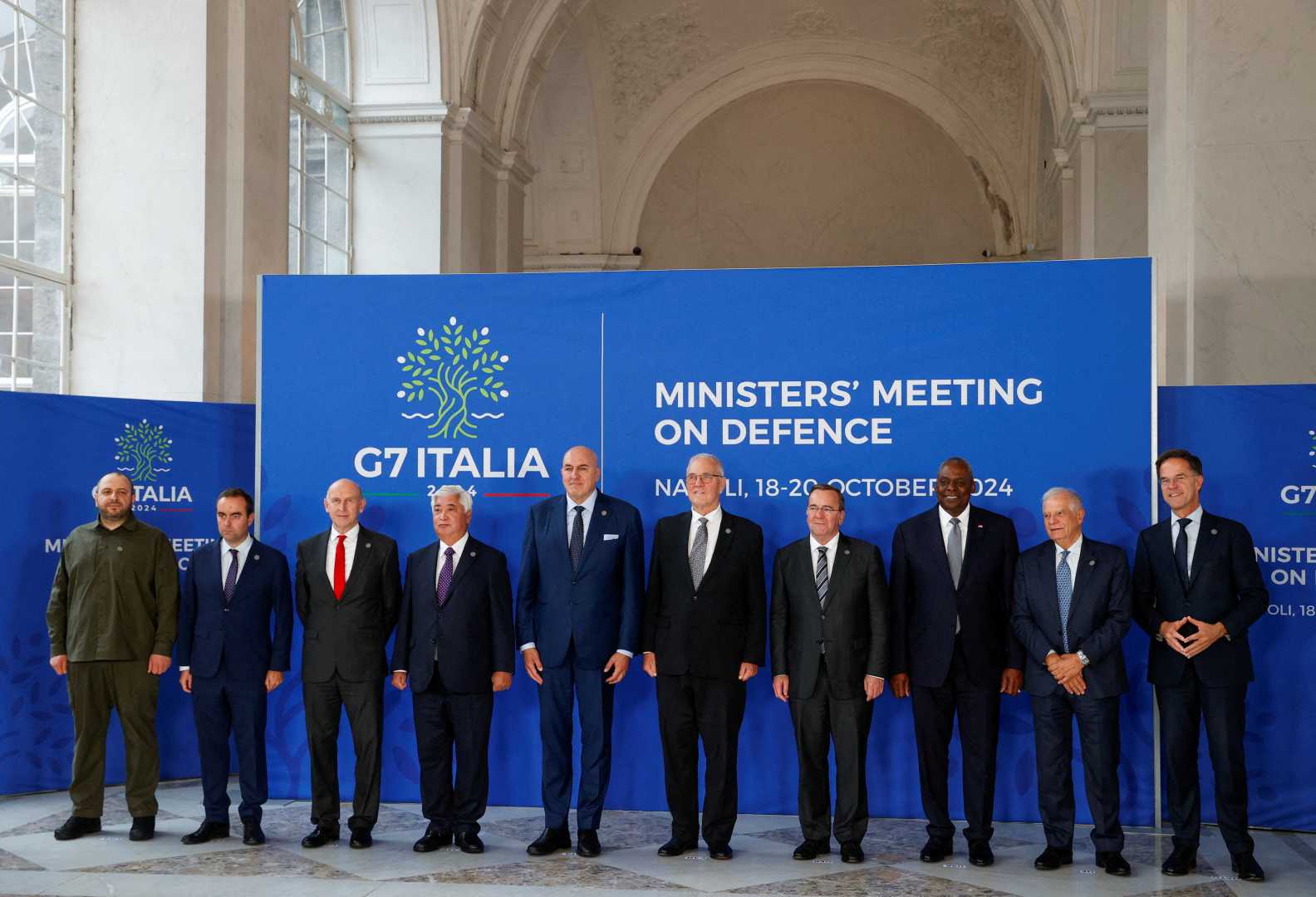News
G7 Leaders Approve $50 Billion Loan to Ukraine Using Frozen Russian Assets

Leaders of the Group of Seven (G7) have finalized a deal to use the profits from frozen Russian assets to fund a $50 billion loan to Ukraine. This decision was announced on Friday following a meeting of G7 finance ministers in Washington. The loan will be serviced and repaid through future revenues generated from the immobilization of Russian sovereign assets, in accordance with the G7 countries’ respective legal systems and international law.
The G7 aims to start disbursing the funds by the end of the year, providing critical financial support to Ukraine amidst the ongoing conflict with Russia. This move is part of broader efforts by the G7 to support Ukraine and to enforce sanctions against Russia for its invasion.
In recent days, Russian attacks have continued to result in significant civilian casualties across Ukraine. In the central city of Dnipro, Russian missile strikes have killed five people, including a child. Additionally, a Russian glide bomb in Kostiantynivka, near the frontline in the Donetsk region, claimed one life and injured three others. Shelling in a small town west of Kherson also led to the deaths of two individuals, and a drone attack in Kyiv resulted in the death of a teenager.
President Volodymyr Zelenskyy of Ukraine has renewed his appeal to Ukraine’s allies, urging them to increase pressure on Moscow in response to the ongoing attacks. Zelenskyy emphasized that the absence of robust actions from Ukraine’s partners only encourages Russia to escalate its aggression.
Finance ministers from the G7 nations have also pledged to enhance efforts to prevent Russia from circumventing sanctions imposed following its invasion of Ukraine. This includes measures to restrict Russian oil sales and revenues while avoiding drastic cuts that could surge global oil prices.
There are also concerns raised by Zelenskyy about potential plans for Russia to deploy North Korean troops to combat zones in Ukraine, which he described as an “obvious escalation” by Russia).












